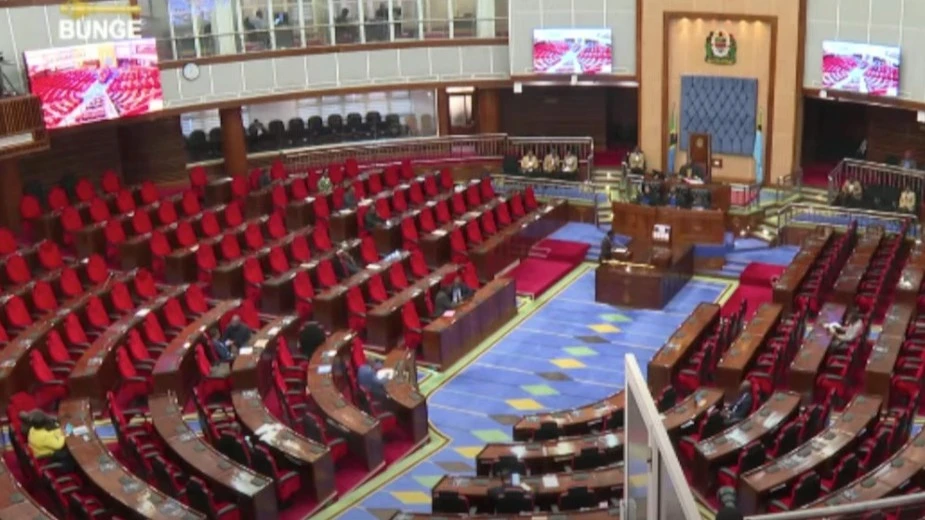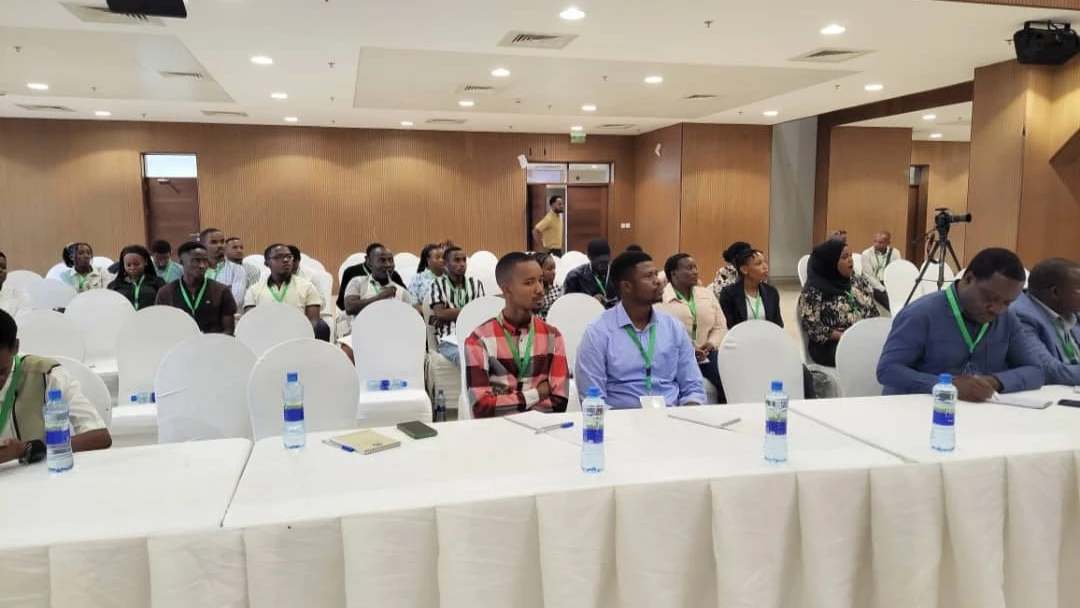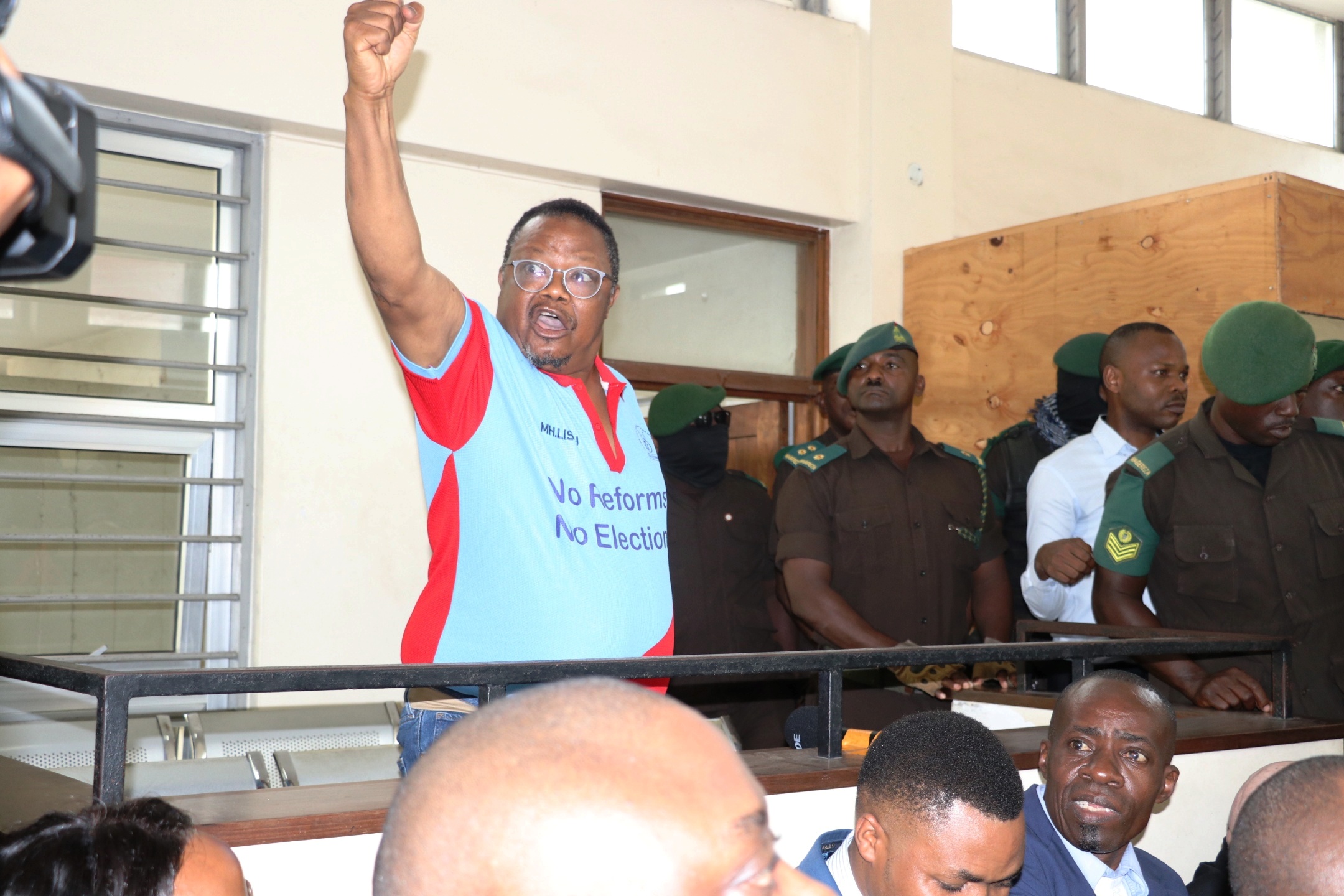MPs: Cut road traffic ‘oversight’ regulators

THE government needs to address overlaps among various state agencies involved in road transport oversight, members of the relevant parliamentary committee have demanded.
Seif Gulamali, a member of the Governance, Constitution and Legal Affairs standing committee, said in presenting committee views on a series of proposed law amendments, that the presence of several agencies for the same function adds administrative inconvenience.
He said that the Police Force, the Land Transport Regulatory Authority (LATRA), the Rural and Urban Roads Agency (TARURA), the Tanzania National Roads Agency (Tanroads), and the Regional Administration and Local Governments wing of the President’s Office (PO-RALG) are all involved in the road traffic oversight function.
"The Committee urges the government to adopt digital systems for the enforcement of road safety laws, as a means to curb corruption in both enforcement and implementation," he declared.
MPs meanwhile approved an amendment motion that economic sabotage cases be filed without requiring the consent of the Director of Public Prosecutions (DPP), saying that this change will ease overcrowding in remand prisons.
Attorney General Hamza Johari made this argument when presenting the reasons for amending the Economic and Organised Crime Control Act (Cap. 200). Its Section 26 will now allow prosecutions under the Act without prior DPP approval, which arises from having offices of state attorneys all over the country.
The legislature passed the bill for the Written Laws (Miscellaneous Amendments) Act of 2025, which includes this provision among other changes. He said that this consent requirement was introduced years ago at a time when most prosecutions were conducted by the police due to the limited presence of the National Prosecution Office (NPO) across the country’s regions and districts.
"Back then, it was necessary to seek the DPP’s consent to prevent the indiscriminate filing of cases. However, the current landscape is different — the NPO now operates at district level. All criminal cases are prosecuted by state attorneys who are directly accountable to the DPP," he explained.
This invalidates the need to require the DPP’s consent as it no longer makes practical sense and may contribute to delays in the criminal justice process, he stated. MPs also approved amendments to the National Institute for Medical Research Act to establish a framework for incentivising employees involved in innovation and the development of products arising from the institute’s research.
"Section 13 is to be amended to introduce a mechanism for rewarding employees who develop products based on institutional research. The aim is to promote the commercialisation of research outputs for public benefit while also recognising the contributions of individual researchers," the AG explained.
In addition, Section 17 is proposed to be amended to allow public servants serving on the NIMR governing council to receive allowances and entitlements equivalent to those granted to other staff members, in a bid to ensure equity and enhance the council’s effectiveness, he said.
Turning to the Ports Act (Cap. 166), the AG stated that proposed amendments include the creation of a port security committee to coordinate port communications, risk identification and resource mobilisation to address threats, while managing emergencies at ports.Section 44 will be repealed and rewritten to broaden the (Transport) minister’s regulatory powers. A new Section 60A is to be introduced, providing for the establishment of the slated committee, he said.
The changes are designed to ensure better port management and compliance with the international ship and port facility security (ISPS) code of 2004, he said, while removing the DPP consent requirement has potential to reduce remand congestion. "The committee fully supports the proposed changes, as they will help resolve delays in criminal justice and reduce overcrowding in remand facilities," he asserted.
Top Headlines
© 2025 IPPMEDIA.COM. ALL RIGHTS RESERVED






















